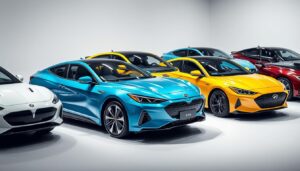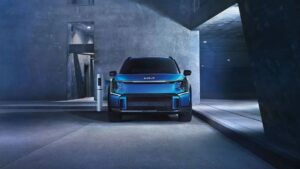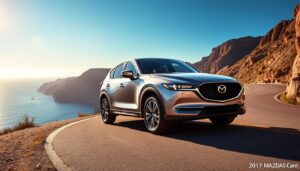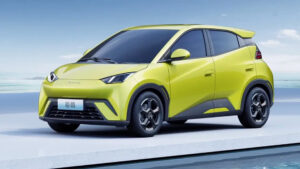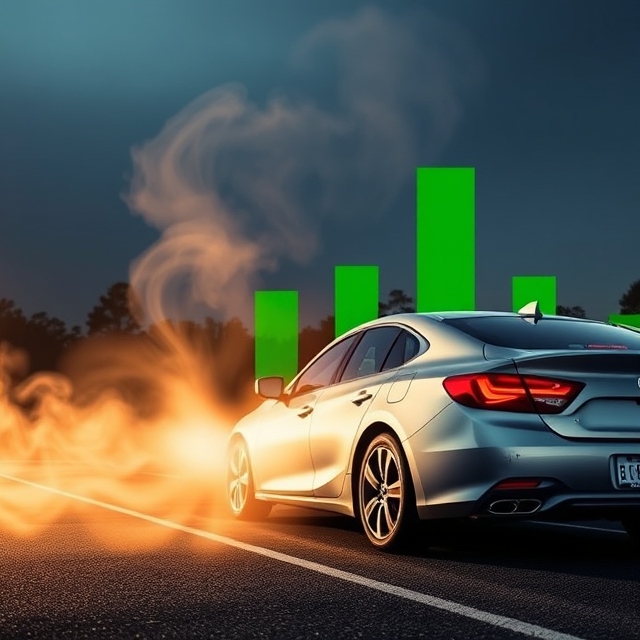
Introduction to Hybrid Cars
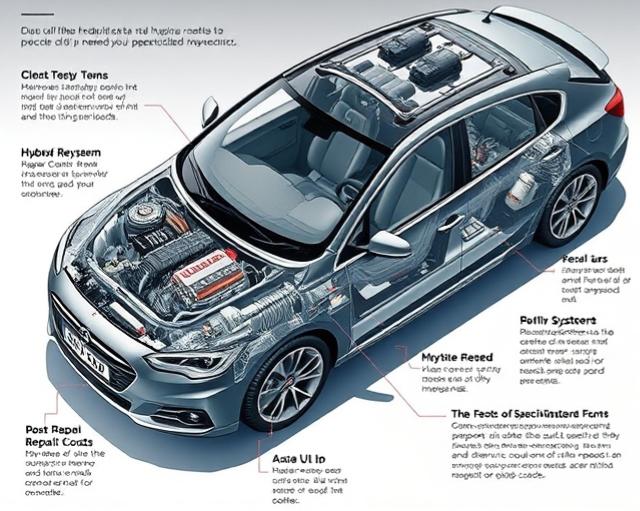
In recent years, hybrid cars have surged in popularity as consumers lean towards more environmentally friendly transportation solutions. Vehicles like the Toyota Prius, Kia Niro, and newer models such as the 2023 Prius have revolutionized the market by combining a gas engine with electric motors. This fusion allows these vehicles to offer both efficiency and power, making them an appealing choice for many. But while hybrid cars promise lower emissions and improved fuel economy, some downsides exist.
Benefits of Owning a Hybrid Car
Before diving into the downsides, it’s worth mentioning the many benefits of owning a hybrid:
- Fuel Efficiency: Hybrid vehicles typically provide higher gas mileage than their traditional counterparts, reducing the need for frequent fills at the pump.
- Reduced Emissions: Because of their dual-power source, hybrids contribute less CO2 to the atmosphere, helping to combat climate change.
- Regenerative Braking: Many hybrids, like the Honda CR-V Hybrid and Kia Sportage Hybrid, utilize this feature, capturing energy typically lost during braking to recharge the battery.
- Tax Incentives: Many governments offer incentives to encourage the purchase of hybrid vehicles, lowering the overall cost.
Common Hybrid Vehicle Models
- Toyota Prius 2023
- Kia Niro Hybrid
- Honda Accord Hybrid
- Toyota RAV4 Hybrid
- 2023 Kia Sportage Hybrid
How Do Hybrid Cars Work?
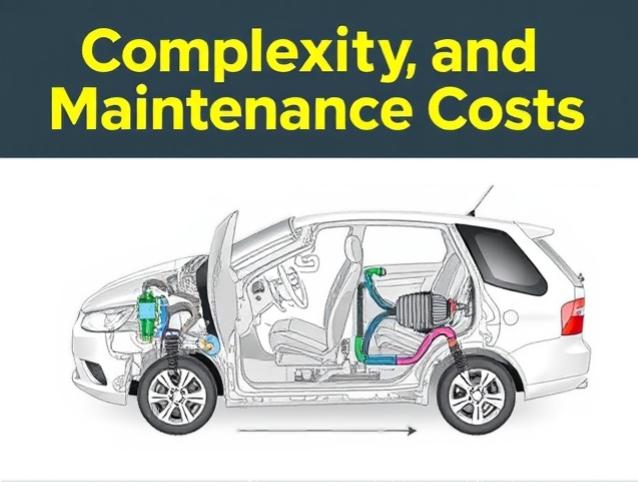
Hybrid cars use a combination of a gasoline engine and an electric motor to drive the vehicle. When starting, at lower speeds, or during light acceleration, hybrids utilize electric power from the battery. At higher speeds or when more power is needed, the gasoline engine kicks in. This flexibility allows for optimal performance while maximizing fuel efficiency.
Types of Hybrid Cars Available
There are several types of hybrid cars you might consider:
- Mild Hybrids: In these vehicles, electric motors assist the gasoline engine but cannot power the car alone. Examples include the bmw x5 hybrid and Ford Maverick Hybrid.
- Full Hybrids: Vehicles such as the Toyota Camry Hybrid and Honda Insight can run on electric power alone or use both the gas and electric motors together.
- Plug-in Hybrids (PHEVs): These allow for larger battery packs that can be charged via an electric outlet, providing an extended electric-only range. Examples include the 2023 Mitsubishi Outlander PHEV and Toyota RAV4 Plug-In Hybrid.
Comparison Between Hybrid and Traditional Cars
| Feature | Hybrid Cars | Traditional Cars |
|---|---|---|
| Fuel Economy | 40-50 MPG or higher | 20-30 MPG |
| Emissions | Lower emissions | Higher emissions |
| Maintenance Costs | Generally lower, but battery replacement can be expensive | Varies, but typically lower repair costs overall |
| Initial Cost | Higher upfront cost | Generally lower upfront cost |
| Driving Range | Dependent on battery and gas | Typically greater range on gas |
Environmental Impact of Driving a Hybrid Car
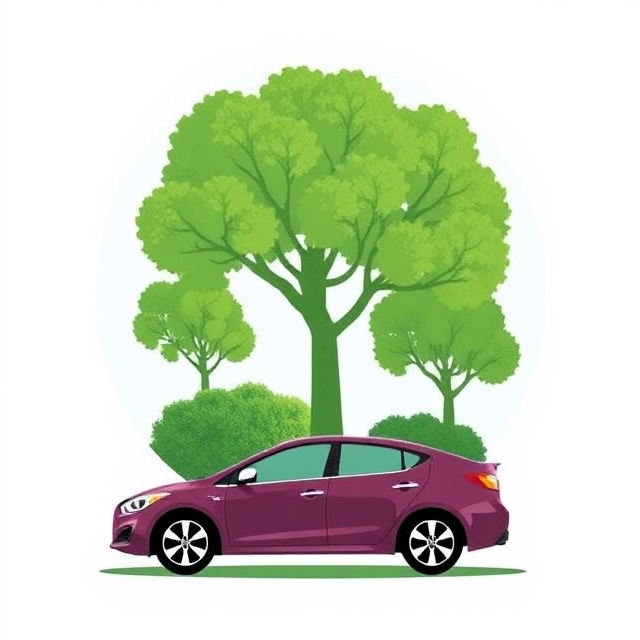
Hybrid cars are often marketed as eco-friendly due to their reduction in greenhouse gas emissions. The Toyota Corolla Hybrid and subaru crosstrek hybrid showcase how hybrids contribute positively to the environment; however, it’s essential to consider the environmental costs of producing hybrid batteries, as mining for lithium and other materials can be damaging.
Cost Considerations When Buying a Hybrid Car
While hybrid cars provide savings at the fuel pump, potential buyers should be aware of the following costs:
- Higher Initial Investment: Vehicles such as the 2023 Kia Niro and 2023 Toyota Camry Hybrid often carry a premium over traditional vehicles.
- Battery Replacement: The lifespan of a hybrid battery typically ranges from 5 to 10 years and can be costly to replace (often between $3,000 and $8,000 depending on the model).
- Insurance Costs: Some hybrids may require higher insurance rates due to their higher initial value.
Maintenance Tips for Hybrid Car Owners
Owning a hybrid, whether it’s a Kia Sportage Hybrid 2023 or a Honda CR-V Hybrid, can be rewarding if proper maintenance is observed:
- Regular Oil Changes: Always adhere to the manufacturer’s recommendations for oil changes, typically less frequent than traditional vehicles.
- Monitor Battery Health: Keeping an eye on your hybrid’s battery performance can prevent future issues.
- Tire Maintenance: Ensure your tires are properly inflated and aligned, as hybrids tend to be heavier than traditional vehicles.
Future of Hybrid Car Technology
The future of hybrid technology is bright. Automakers are increasingly investing in research and development, leading to improved battery technologies and more efficient hybrid systems. The integration of artificial intelligence and smart driving systems is expected to enhance the hybrid driving experience further. Models like the Toyota Prius 2023 and Kia Niro 2023 are already paving the way for the next generation of hybrid vehicles.
Conclusion: Why You Should Consider Buying a Hybrid Car
With numerous benefits and significant advancements, owning a hybrid car can be a smart choice. However, potential buyers should weigh the pros against the cons, considering factors like cost and environmental impact. For those committed to a greener future but looking for variety in their driving experience, options like the 2023 Honda Accord Hybrid, the stylish Kia Niro, and the iconic Toyota Prius present exciting opportunities.
FAQs
Q: Are hybrid cars worth the investment?
A: Yes, if you prioritize fuel efficiency, lower emissions, and potential government incentives, a hybrid can be a solid investment.
Q: What are the best hybrid SUVs?
A: The Toyota RAV4 Hybrid, Kia Sportage Hybrid, and Honda CR-V Hybrid rank among the best hybrid SUVs in terms of efficiency, space, and overall performance.
Q: How long do hybrid car batteries last?
A: Hybrid batteries can last between 5-10 years, depending on driving habits and maintenance.
Q: What is the difference between a hybrid and a plug-in hybrid?
A: A plug-in hybrid has a larger battery that can be charged from an outlet, allowing it to drive longer distances solely on electric power compared to standard hybrids.
Q: Which hybrid car should I consider first?
A: Popular choices include the Toyota Prius, Kia Niro, and the 2023 Honda Accord Hybrid for their reliability and advancements in technology.
